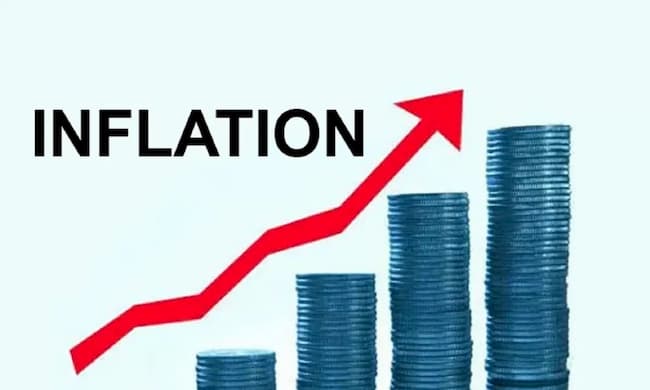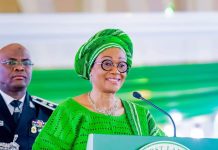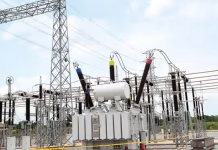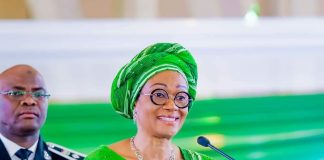New data from the National Bureau of Statistics (NBS) reveals that Nigeria’s inflation reached a 21-year high of 28.92% in December 2023. This marks a 0.72 percentage point increase from the 28.20% recorded in November 2023. The inflation rate, officially the highest recorded, surpasses the previous peak of 28.2% noted in August 2005 and November 2023.
According to the NBS’s ‘Consumer Price Index (December 2023)’ report published on Monday, major contributors to inflation were food and non-alcoholic beverages (14.98%), housing, water, electricity, gas, and other fuel (4.84%), clothing and footwear (2.21%), transport (1.88%), furnishings and household equipment, and maintenance (1.45%), and education (1.14%).
Inflation in cities reached 31.00%, while rural areas experienced 27.10% inflation. Notably, Kogi (35.58%), Lagos (32.33%), and Rivers (32.16%) were the most expensive states to live in, surpassing the national average. Conversely, Borno (23.27%), Taraba (24.92%), and Katsina (26.52%) were the least expensive states.
The organized private sector (OPS) attributed the persistent rise in inflation to factors such as naira depreciation, fuel subsidy removal, insecurity, among others. The inflation trend poses significant challenges to the country, leading to rising poverty rates. The World Bank estimates that between January and May 2023, inflation pushed around four million people into poverty in Nigeria.
The inflation surge is linked to the removal of fuel subsidy and a foreign exchange rate unification policy, resulting in the sharp depreciation of the naira. The economic impact of the inflation surge is expected to slow Nigeria’s economic growth. The International Monetary Fund projects a decline in Nigeria’s growth from 3.3% in 2022 to 2.9% in 2023 and 3.1% in 2024, citing negative effects of high inflation on consumption.












